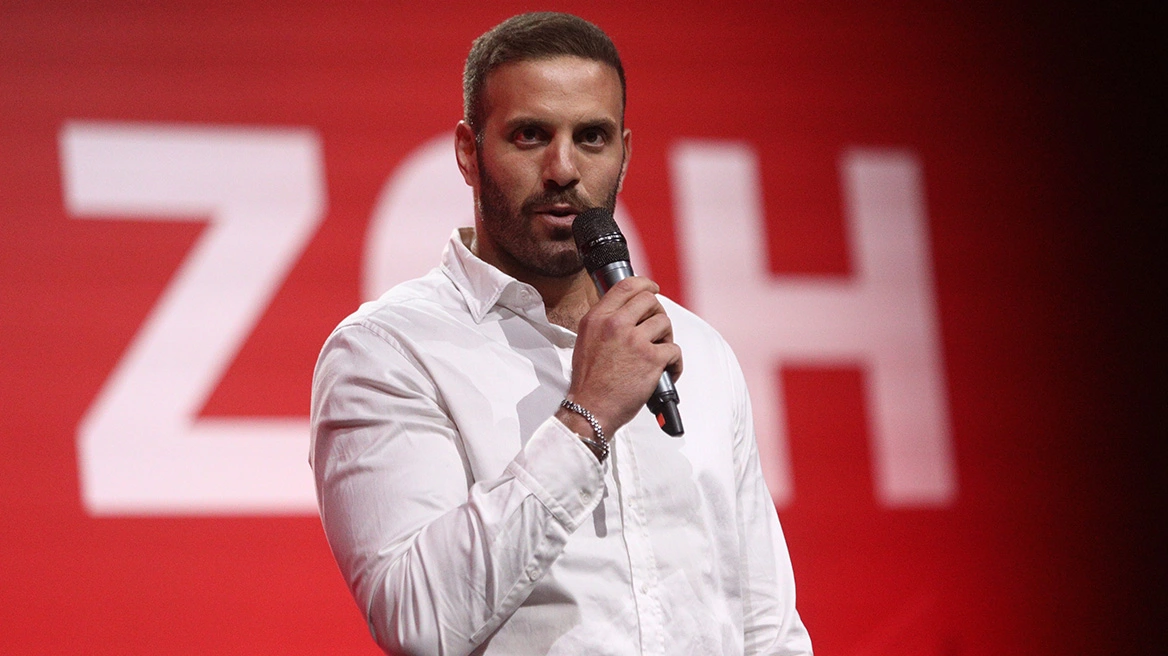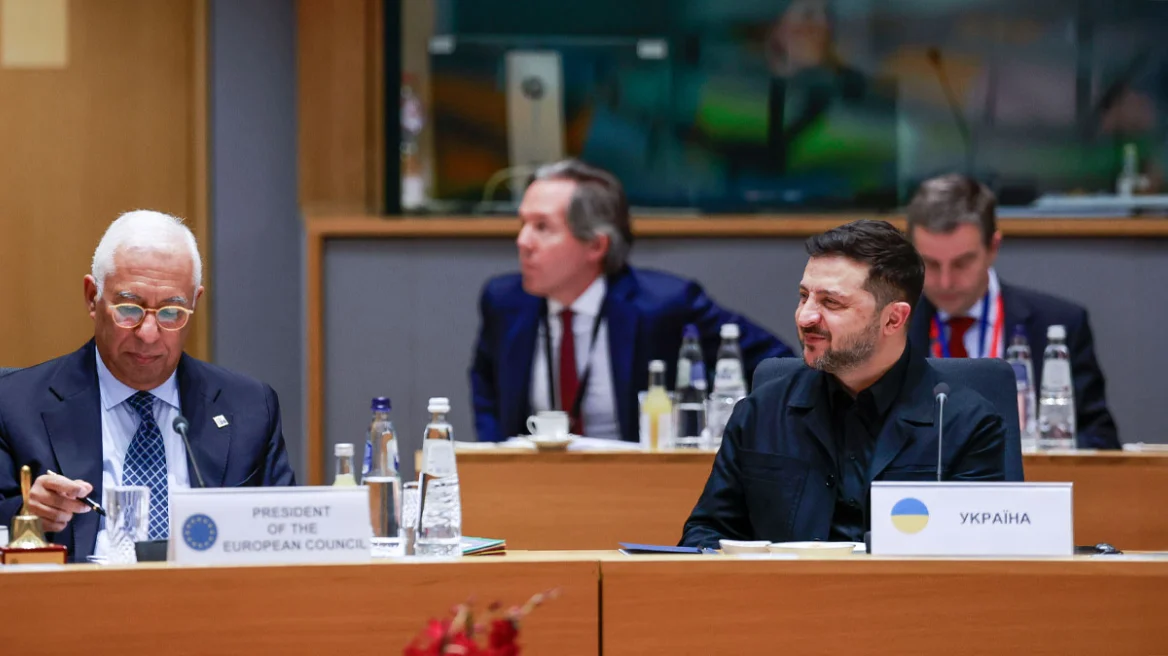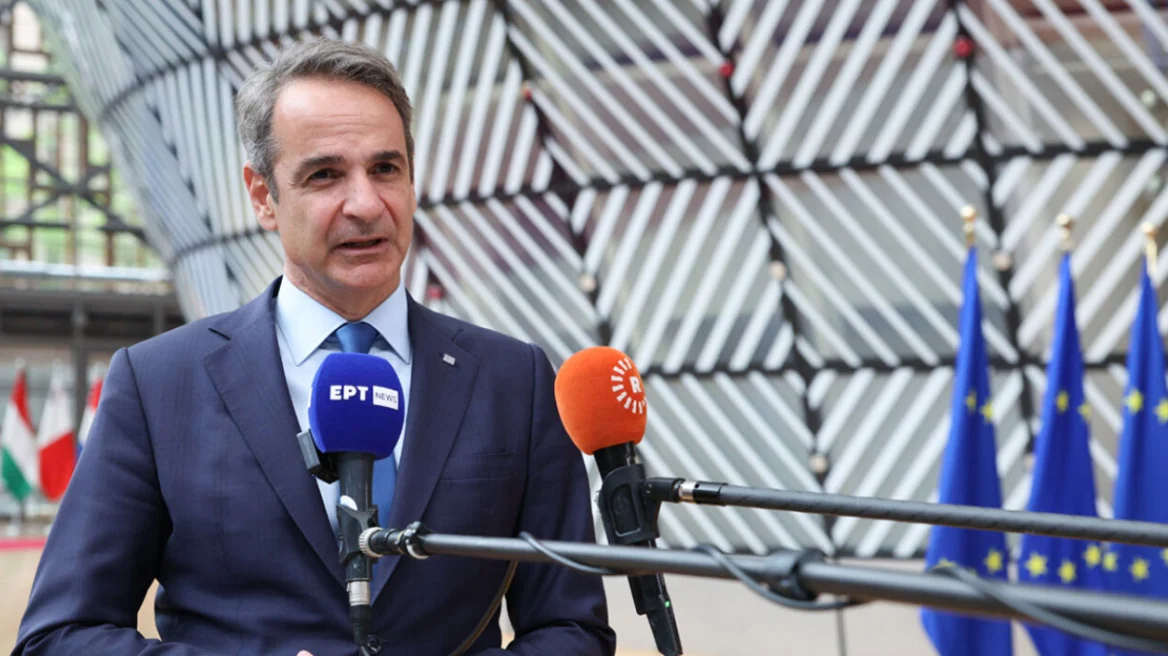Developments surrounding the construction of the 1.9 billion Crete-Cyprus-Israel power cable are dramatic, and even at the top government level, after the Cypriots refused to approve the project’s payment framework, which takes the Great Sea Interconnector project’s course in a new direction.
The decision, which was extensively reported yesterday by newmoney, is causing seismic tremors in Athens, which reached the Prime Minister’s Office yesterday, where a meeting was held with the management of ADMIE in the presence of the Minister of Environment and Energy, Theodoros Skylakakis.
In this meeting, which was not attended by RAE, which has a key role in the regulatory framework of the project and is called upon to bridge the long distance between ADMIE and Cypriots, all developments around the project were discussed, as well as the implications of the insistence of the Cyprus Energy Regulatory Authority (CERA) not to approve the imposition of system usage fees to consumers from 2025. In fact, it is stressed in the relevant CERA decision that any costs related to this period will not be recognised and will not be recovered in any way before the start of commercial operation of the project.
The CERA’s decision is the latest hot incident between Greece and Cyprus in relation to the electrical interconnection of the two countries, on which serious doubts are now being expressed as to whether a common line can be found between the two parties. Recently, the Cypriots have also backtracked on funding the project with 100 million from the Recovery Fund which limits the total grants for the project to 657 million instead of 750 million.The Greek side appears to have already paid over 150 million for the project and an additional tranche of 108 million remains which is to be made available by the end of August to cover the demand of the French Nexans to pay 15% which is the advance payment for the project. In fact, Manousakis is scheduled to meet with the Cypriot government next week July 11 to present the cost benefit study of the project which with the current developments it is unknown what its fate will be.
The unfavorable development for the “Great Sea Interconnector” course to start recovery with the start of commercial operation of the project led late last night to announcements by the management of ADMIE in a very tense atmosphere that seems to have been agreed as a road map after the afternoon meeting at the Maximou Mansion.
CEO Manos Manousakis said he will ask for a review of the decision of the Cyprus Energy Regulatory Authority and that otherwise the Greece-Cyprus electricity interconnection project is unviable and will be stopped.
According to the management of ADMIE, the decision of the Cyprus Energy Regulatory Authority reverses the previous revenue methodology decision, which was taken when the project was owned by the previous developer and based on which ADMIE took the investment decision to undertake the project in October 2023. This reversal according to Mr Manousakis creates a negative present value of more than EUR 100 million for the project. “It creates a legal certainty issue for the investment and a trust issue for the administrative decisions and must be reviewed immediately in order for the project to continue.”
Greece, according to the operator, has already committed through the RAE decision that Greek consumers will pay their share of the electricity interconnection during its construction to make the project viable. “We expect a similar decision from the Cypriot side as well.”
Manousakis argues that the amount that Cypriot consumers are asked to pay during the construction of the Crete-Cyprus electricity interconnection is just 0.6 euro cents per KWh, a cost that will be recovered from the reduction it will cause in electricity bills already from the first year of operation.
“I want to make it clear that ADMIE has the financial strength to build the project, but under the circumstances created by this regulatory decision no investor would become a shareholder.” Therefore, he stresses, if the decision is not changed in the coming days, the project will be stopped. This development would be particularly negative for Cyprus’ consumers, as the opportunity to reduce the very high energy costs they currently pay would be lost, the ADMIE statement concludes.
Ask me anything
Explore related questions





